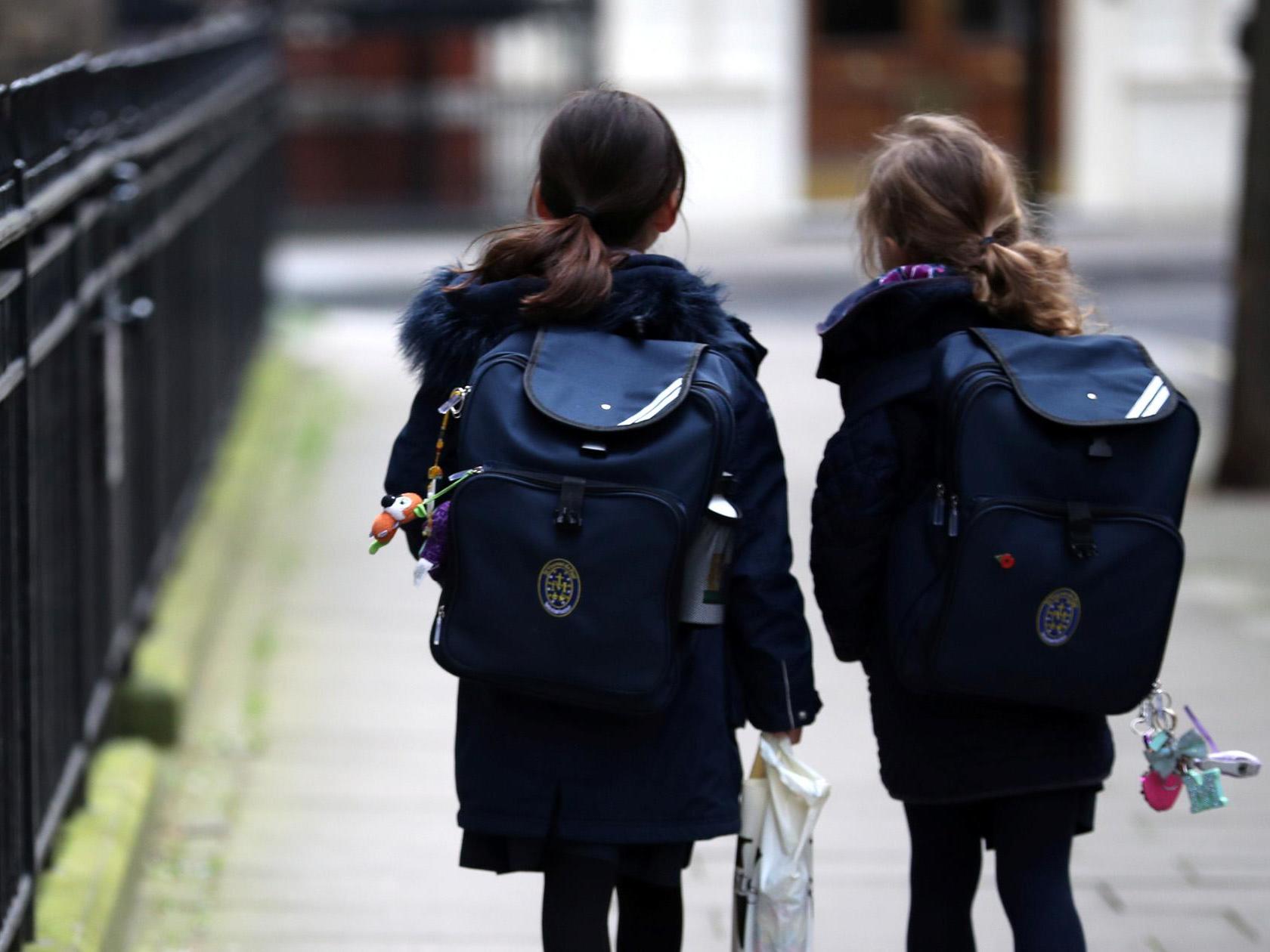Coronavirus has left schools confused about their future. Here’s my plan to get young pupils back in education
The way schools are run is going to change. Questions that will need to be answered include whether home learning should become a part of our curriculum – and how parents will feel about that, argues David Carter


When academy trust boards were planning for this year, few could have anticipated the explosion in demand for online learning at their schools.
Some – including Tiffany Beck, chair of trustees at the Maritime Academy Trust in southeast England – were in the fortunate position of having recently updated their IT systems and were already having discussions of what distance learning could look like. While huge challenges remained when the pandemic struck, such as how to deliver a curriculum online without overburdening parents and pupils, they were better placed than most to cope with the school closures.
But that’s not to say Beck hasn’t had sleepless nights – she has, and admits it. The wellbeing of pupils and staff, in particular vulnerable pupils and her senior management teams, has been at the forefront of her mind. It’s the same for every single school trust in the country.
Much has been written about the challenges facing teachers and headteachers, but what about the trustees too? As the initial breathless phase of just coping with the immediate crisis passed, it didn’t mean their concerns lessened, just that – as with teachers – they became different. Providing strategic direction for a group of schools is no mean feat at the best of times; when the future is so uncertain doubly, trebly, so.
The Covid-19 lockdown has major implications for how children in this country are educated, not just now but in the future. How are trustees supposed to even begin to get a handle on these issues?
Management consultancy McKinsey recently published a guide for its staff on how to shape their thinking during the pandemic. It talks of “five horizons” – the five phases of the pandemic and its aftermath – which I believe can be applied just as helpfully to education as to business. Unfortunately, the government doesn’t seem to have been reading the same advice. So in their stead, here is my five-step plan for how Boris Johnson should plan to get schools back to work.
The five phases are: resolve (the immediate aftermath); resilience (dealing with the short-term implications of the lockdown); return (when lockdown ends); reimagination (how organisations should reinvent themselves); and reform (the longer term). I have adapted these five phases to the kind of issues academy trustees will face over the next two years.
Phase one is already over, and many schools have shown great agility and creativity in responding to the crisis. So we’re now in phase two. This phase includes considering financial implications, ensuring that what’s been put in place – such as online learning – is of sufficient quality and anticipating what a return to school will look like. Questions for trustees will include how well the trust and school leaders are coping and the effectiveness of solutions put in place to, for example, manage the attendance of children in schools, feed vulnerable families and resource home learning.
Phase three will be the gradual reopening of schools over the rest of this year. In many ways, this will be the hardest phase to manage. For a start, we do not know for certain when it will start and there are a number of variables that could influence the strategy. But trustee boards will need to get ahead of the curve and start to consider what the key issues will be. These will include how we’ll know when it will be safe for staff and pupils to return to school and what our catch-up strategy will be, especially for pupils who already find learning difficult.
The fourth phase will be the next academic year and involve creating what might be called the “next normal”. The way schools are run is going to change, even if it isn’t a complete transformation. Questions that will need to be addressed include whether home learning should become a key part of our curriculum design – and how parents will feel about that.
The final, fifth phase will be the following school year. This will include the codification and implementation by schools of the new practices that have evolved in each trust and are written into their new policies and strategies. It is also the point at which the government may consider legislation for the sector that defines new ways of funding and overseeing the school system.
While there are many uncertainties, this five-phase model should offer schools some insight into how to prepare for the future. That’s something they are in desperate need of right now.
Sir David Carter is the former national schools commissioner and the executive director of system leadership at Ambition Institute
Join our commenting forum
Join thought-provoking conversations, follow other Independent readers and see their replies
Comments